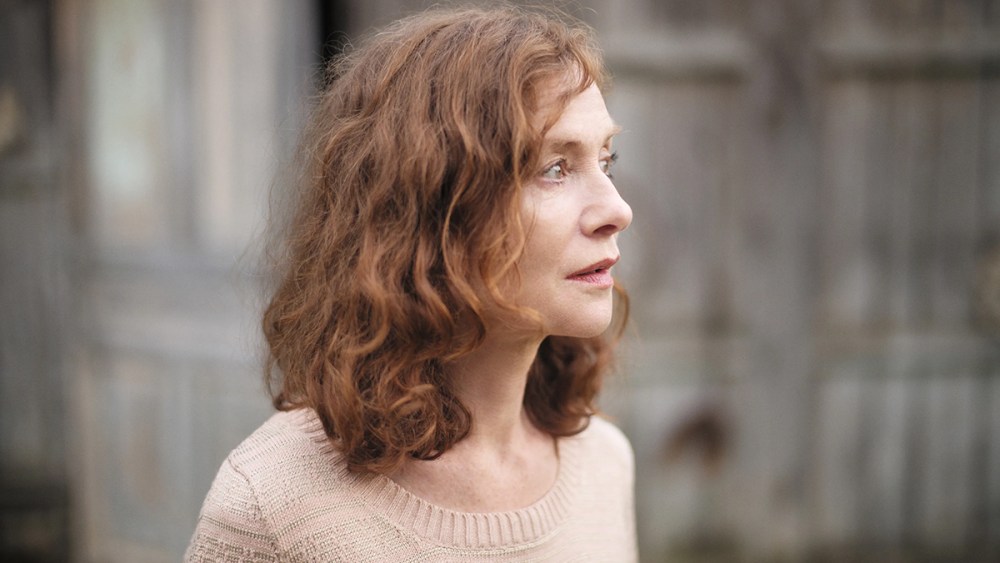As helpful as they might be for info and statistics, an actor’s Wikipedia web page has by no means been the go-to place for an entire and nuanced description of the character of his or her drama, as was evident within the case of Isabelle Huppert. “Identified for her portrayals of chilly, severe, amoral girls, she is taken into account one of many best actresses of her technology,” the introduction reads, a startlingly selective abstract of greater than half a century of display screen expertise. . Huppert definitely had a expertise for being cool and severe – she was in Claude Chabrol’s “The Ritual,” Michael Haneke’s “The Piano Trainer,” and, in fact, Paul Verhoeven’s “The Piano Trainer.” She,” though whether or not these advanced and contradictory girls “lack morals” just isn’t a judgment that any on-line editor could make.
However Huppert’s portrayal of her as some form of archetypal film ice queen, nevertheless admirable, is unfair. As a performer, her precision and perception function at many temperatures: she might be furiously righteous, goofily humorous, tortured with passionate lust, or, at occasions, disarmingly mundane. Viewers solely acquainted with Huppert’s latest movie work could also be shocked by the girlish vulnerability she displayed in Claude Goretta’s 1977 drama “The Lacemaker.” In “Going Locations” and “Aloïse” she grew to become the brand new standard-bearer amongst France’s prime girls, and received her a BAFTA Award for Finest Newcomer. Her efficiency as a virginal, introverted teenage salon employee combating psychological well being points is quietly heartbreaking, whereas additionally demonstrating the premise for the restrained self-possession she would later show in her work.
The next yr, she received two Finest Actress awards on the Cannes Movie Competition for her unforgettable portrayal of a real-life teenage father-killer in Violette Nozieres. The primary of seven movies she collaborated on with Chabrol. Ten years later, when she collaborated with him to play the stoically but sympathetic position of executed abortionist Marie-Louise Giraud in “La Femmes,” she dropped at the display screen a glance of mature fear and She received Finest Actress at Venice; in 1991 she was the lead in Chabrol’s eagerly anticipated Madame Bovary, one of the best display screen incarnation to this point of Gustave Flaubert’s tragic heroine. Nevertheless it was her position because the crafty, susceptible murderess in Chabrol’s aforementioned Ruth Rendell adaptation of “The Ritual” that introduced Huppert to the chilly metal with which she is most frequently related. mannequin.
Hollywood beckoned as early as 1980, when she starred reverse Kris Kristofferson as a romantic in Michael Cimino’s epic Western “Heaven’s Gate.” The title character – like a flower in a hothouse, she’s each radiant and misplaced, and if the movie hadn’t already gained notoriety, Hollywood would have beckoned. (Her subsequent forays into American movies—amongst them Hal Hartley’s “Newbie” and David O. Russell’s “I Love Huckabee”—have been sporadic and principally unbiased movies. )
In any case, she’s at all times been drawn to administrators as distinctive and uncompromising as hers: her ferocious, emotionally revealing Cannes-winning efficiency because the masochistic, unfettered Erica Kohut in “The Piano Trainer” , it appeared that Michael Haneke may grow to be her new Chabrol, they usually did work collectively a number of occasions. However Huppert’s internet is simply too vast for any director to outline. She was at all times the director of her personal profession. This century alone, we have seen her overtrain François Ozon in 8 Girls and Crime Is Mine, returning to Claire Denis in White Supplies A concise last despair, reveling within the insanity of insanity. humorous.
In 2016, she gave two of one of the best performances of her profession inside a couple of months of one another, portraying a courageous, humorous, wickedly perverse character of a raped girl who defiantly resists turning into a sufferer in a darkish atmosphere , earned a long-awaited Oscar nomination. However in Mia Hansen-Løve’s beautiful portrait of a divorcee, Issues to Come, her tone is way gentler, and equally worthy: wistfully painful, tender, and finally rejuvenating, It is a very totally different path than her character in “Her.” That is Huppert’s duality, and it’s what makes her one of many best – at the least that’s what Wikipedia says is kind of proper.

